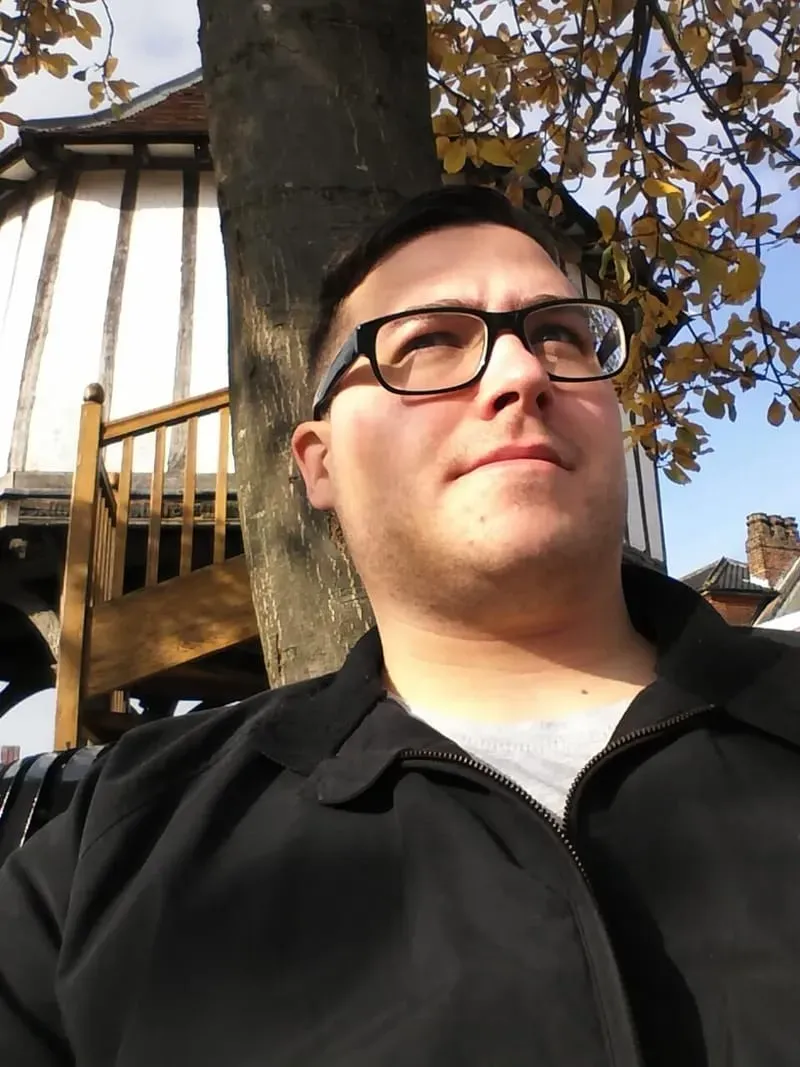Bioshock without the combat meets Firewatch without the personality, Paradise Lost has no business being as good as it is. But it’s also tough to nail down why. Mechanically, it’s basic and lacklustre. Graphically, it’s good. Cerebrally, it can be amazing, with the caveat that you are a history enthusiast who has a working knowledge of the events of the Second World War and the Nazi party in particular. It’s rough around the edges and it’s slow, but it’s also an intelligent and haunting take on alternate-timeline dystopias — but you’ll need to fit into the specific niche it carves out to fully appreciate why.

The game charts a world where the Second World War happened slightly differently, allowing the Nazis to continue their struggle against the allies from cavernous underground bunkers for decades after their real defeat in 1945. Subsequently, all kinds of nuclear weapons were used, and Europe has fallen into a nuclear winter. It’s here that Paradise Lost starts in 1980, with you taking control of 12-year-old Polish boy Szymon following his mother’s death. Heading out into the frozen wastes with an old photograph of his mother and a man inside of one of the Nazi bunkers, he seeks answers.
Cleverly, Paradise Lost uses Szymon’s grief for his mother as a structural device, and so instead of traditional chapters the narrative is split into five parts, each representing the stages of grief: denial, anger, bargaining, depression, and acceptance. We’re first given control of Szymon as he enters the bunker from, we assume, the photograph. It’s dark and seemingly abandoned, but knocks and screeches keep you on edge — are you really alone? Paradise Lost isn’t a horror game, or scary at all in fact, but the creepy atmosphere will keep you on edge.
As you make your way further into the bunker, you come to understand its scale. Replicating traditional German towns of the period, as well as many other amenities, it becomes clear this was a place for long-term living. But what happened here in the years since people went underground to live, and why was his mother photographed here?

There’s no way around it, Paradise Lost is a slow game, literally. You have to walk everywhere. Pulling the left trigger zooms your view in slightly and may or may not make you walk 10% faster — it’s never explained — but otherwise, you’re doomed to a slow crawl. This can make navigating the bunker’s vast spaces frustrating when you want to explore new areas and see if there are hidden pieces of lore, only to clip-clop over to your destination, find nothing of interest, then backtrack. Interacting with objects and the environment requires you to hold the right trigger, then move the right thumbstick in a direction. And you have to do this for every door you encounter, by the way, and watch an accompanying animation. Yes, it becomes tedious.
Paradise Lost is slow in pacing too. Gameplay consists of reading letters or listening to audiotapes to piece together the story, so there’s a lot of ambling to objects and standing around as you read/listen. This is something that must be embraced to find the game’s real enjoyment, however, which comes from the content of these letters and tapes. If the game wasn’t niche enough already, many objects are composed of correspondence between Nazi officials outlining what the bunkers are for, but there’s no overt exposition to inform players unfamiliar with the facets, tenets and individuals of Nazi Germany. There are references to Himmler, Göring and Speer (the “architect” of the Third Reich), and if you’re not familiar with what these historical figures were about, then a lot of Paradise Lost is going to go over your head.
If you do get it, though, it’s genius. There’s a lot of subtext regarding eugenics, and what would have happened if the 20th century’s biggest villains were able to carry on their research for longer, as well as covering the often-overlooked Eastern European side of the war. But these underlying contemplations expand further than the wartime remit. “Paradise Lost” is of course a direct reference to John Milton’s epic poem of the same name and deals with the Christian concepts of heaven and hell, and Adam and Eve and their fall, amongst other things, and is something which the game draws heavy inspiration from in its story structure.

And story is definitely Paradise Lost’s strongest area, and the great thing is that it subverts expectations. It doesn’t get stuck and spend the whole game focusing on those dastardly Nazis, rather it moves on to what would happen if people were isolated in a bunker for decades in Bioshock’s Rapture-esque style. New factions have emerged over time in this dystopian society, and it’s fascinating to uncover the secret history of what happened and why your mother was there in the first place. It takes some interesting sci-fi turns and ends in a satisfying, if a little predictable, manner.
There are around five hours of gameplay on offer, and all of it is heavily reliant on capturing the player through its storytelling because, as we covered, it is a slow game with very little in the way of interaction. One thing there is, however, is voice acting. To keep it ambiguous, characters (Szymon narrates the world as you play), audiotapes and computer terminals are all fully voiced, and Paradise Lost isn’t as much of a solitary experience as it might appear. These voiced parts are also deliberately in German and Polish at points, with no English subtitles, aiding the immersion, which is very good.
We touched upon the good sound design earlier, but it’s accompanied by good graphics too. The PolyAmorous team have created a world that does a lot with its art style. From the spent bullet casings indicating where battles were fought to Bavarian-style houses to the lighting effects, Paradise Lost isn’t an outright looker, but it does a lot with its art direction to create a real lived-in atmosphere, which, combined with its subvert storytelling, really feels like you are discovering a long-forgotten place.
Did I mention reading?

Paradise Lost is a hard game to recommend as a blanket statement. If you fall into the Venn diagram of someone who loves story in their games, is into this period of history, and doesn’t mind sacrificing gameplay mechanics to get those things, then this is for you. However, the further you deviate from these points, the less you will find to love. One ace up Paradise Lost’s sleeve, however, is that it’s priced extremely competitively, which almost makes it hard not to recommend it if you have even a passing interest in its themes. This one comes heavily down to subjectivity, but if you like what you’ve read, I think it’s going to be worth the price of entry for you to take the journey into the bunker.
You can subscribe to Jump Chat Roll on your favourite podcast players including:
Let us know in the comments if you enjoyed this podcast, and if there are any topics you'd like to hear us tackle in future episodes!



